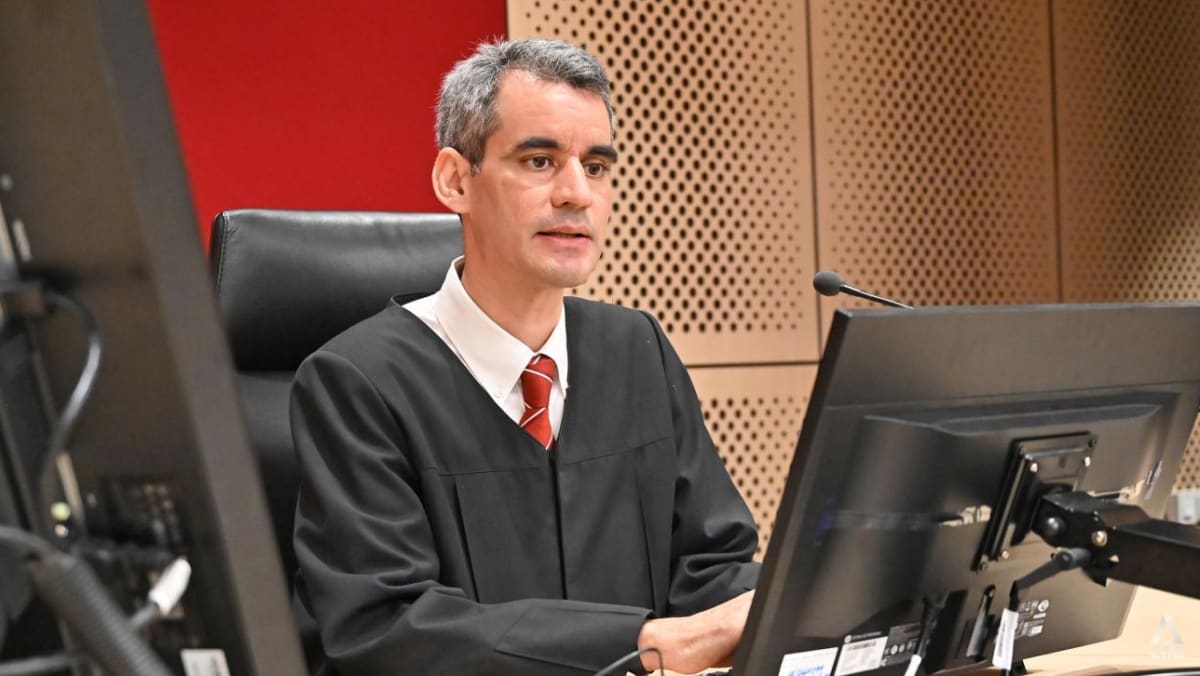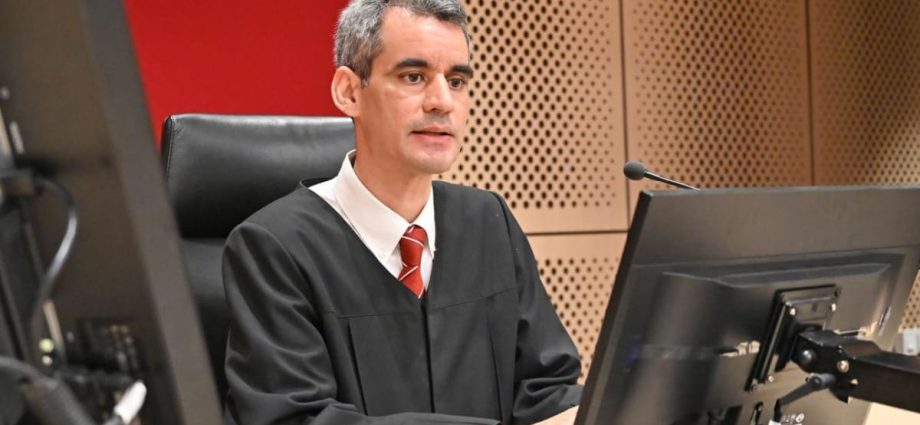
To those in legal circles, the 52-year-old has been a familiar face for years. He first joined the Subordinate Courts – now known as the State Courts – in 1999, before becoming a prosecutor in 2004.
He then went over to the Competition Commission of Singapore, rising to deputy director of its legal and enforcement department.
In 2014, he made his return to the State Courts, cutting a stern figure as a sentencing judge in criminal courtrooms before being appointed State Coroner in June 2021.
Since then, while working closely with forensic pathologists and investigation officers to piece together what could have led to someone’s untimely demise, Mr Nakhoda has helmed several high-profile coroner’s inquiries.
These include the Tanjong Pagar car crash that killed five men; the death of a jogger struck by a termite-infested tree; Singapore’s first death linked to a COVID-19 vaccine; and the electrocution deaths of three family members due to a faulty water heater.
This is no small task. About 5,000 unnatural deaths on average are reported in Singapore every year. While a majority of these cases are closed on the first day, 20 to 25 per cent eventually warrant a full investigation by the State Coroner.
A few other district judges also serve as coroners.
The cases they handle can be extremely technical, and come with their own set of challenges.
FAMILY CANNOT SAY NO TO AUTOPSY
Misconceptions among the public and managing the expectations of the bereaved are also issues that coroners have to grapple with, with emotions running high after a sudden death.
One common misunderstanding, Mr Nakhoda pointed out, is that a coroner determines if someone was responsible for a death. For example, when a pedestrian dies in a road accident, loved ones sometimes expect the coroner to make a finding that the driver was to blame.
The Coroners Act – a set of laws that governs coronial proceedings in Singapore – states that a coroner is not supposed to ascribe liability, whether it be criminal, civil or disciplinary.
After an inquiry, prosecutors may proceed to charge individuals in court based on the coroner’s findings.
Mr Nakhoda said: “Often, I need to explain to next-of-kin during the coroner’s inquiry that I will not be finding anyone at fault; the process is not fault-finding.
“If they feel that there is fault or someone is responsible for the deceased’s death, then they need to bring other actions in order to establish that.”
Mr Nakhoda reminds himself that next-of-kin are understandably upset about events.
“They might be very angry, so I have to remember – when I deal with them, deal with them with as much empathy as possible,” he said.
“I think that will be the greatest challenge: Trying to let the next-of-kin know the limitations that I have as a coroner.”

